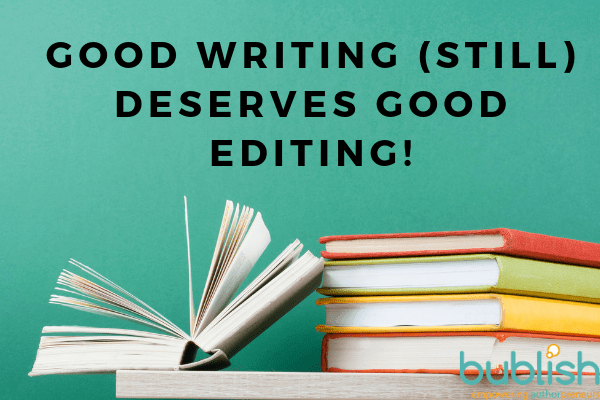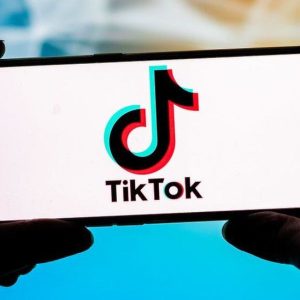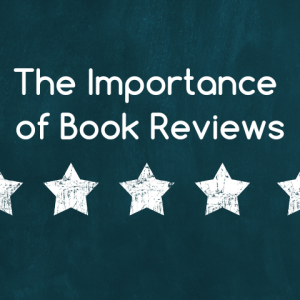by Ross Browne
The core phrase in the title of this article has been something of a mantra for me since deciding to become a freelance book editor 22 years ago. We all know how much has changed in publishing as print gives way to digital, brick-and-mortar sales move online, and the prospect of self-publication becomes an increasingly attractive option. But one thing that hasn’t changed is the value of an editor in bringing a book to fruition, no matter the pathway to publication.
My own personal belief is that independent editors have a vital role to play in helping indie publishing continue its evolution as a legitimate tributary of quality books to the marketplace. One challenge for the industry is to educate writers on the value of hiring an editor and why this now optional step is such a wise investment. The win for each author is a better, more fully-realized book with considerably better odds of success when it comes to reviews and sales. The win for the industry is a growing body of quality, self-published works that cultivate loyal readerships and do well. The win for readers is better books that are more deserving of time, money, and attention.
The downside is the cost. Hiring an editor can add considerable expense to the process of readying a book for publication. The upside is that working with a good editor can be exhilarating in unexpected ways and make an inherently difficult process much easier. It can save time and money in the long run and help you avoid costly and wasteful missteps.
Many writers think an editor’s job is to correct typos. While that’s an important part of our work, there are broader and more meaningful contributions a good editor can make, some of which are lesser known to new writers and especially important to the author considering self-publication.
The first of our duties is often to give a writer candid, objective, and knowledgeable feedback on where their book stands in terms of readiness for publication. Authors who engage in this diagnostic step will be far less likely to make the common rookie mistake of publishing something before it is ready. (Or worse, publishing something that is so poorly conceived or executed that it has no business taking up space in a competitive and increasingly crowded marketplace.)
Our second duty is to support the author through the revision process and provide ideas and guidance to make a worthy book better. Here the feedback is typically conceptual in focus—suggestions for the writer to consider and execute—rather than hands-on changes being made by the editor.
Once the author has run with these suggestions and the work is ready for polishing, our third duty is to provide the “blue pencil” style of editing intended to bring out the best in an author’s style and narrative voice. A good line-editor is something of a chameleon, with ability to make line-level changes in the author’s voice. These are typically tracked by word processing software and can all be accepted, rejected, or modified by the author. A good line-editor will tighten, condense and polish the writing to make a work “read” as well as possible.
Our last duty is to make sure that the polished text is carefully corrected and is as close to perfect as it can be in terms of spelling, grammar, punctuation, style-guide conformity, and typographical formatting. This is where copyediting and proofreading brings a work all the way to the finish line.
There’s never any guarantee that a book will be successful, no matter how well written or how well edited. But books that have benefit of this full scope of editorial attention are much more likely to be successful than those that don’t. And the more the integrated this process of using editors becomes in the self-publishing movement, the better the collective standard of the books that come to fruition via this important channel.
Ross Browne is owner and editorial services director of The Editorial Department LLC, an industry-leading authors’ services firm with thirty-four years of experience helping turn promising manuscripts into successful books. His company provides editing, book production and design, marketing, and traditional publishing support for professional and aspiring authors.




